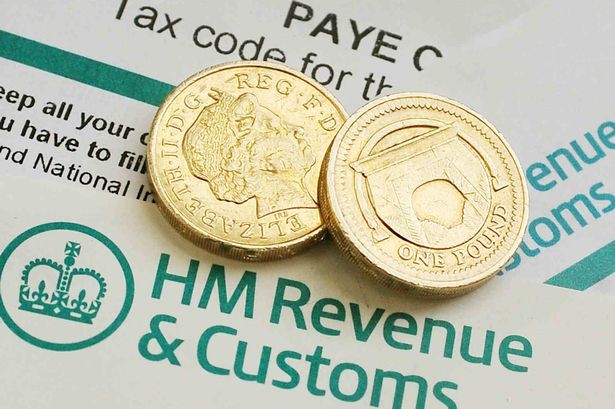My Fund Dips and I Owe Tax
Post on: 16 Июль, 2015 No Comment

Submitted by Larry Frank on Wednesday, March 11, 2015 — 3:00pm
Do you invest in mutual fund that lost money, yet still get a 1099 tax form that says you made capital gains? And your tax preparer claims you owe taxes on those gains. What gives?
Your 1099 for miscellaneous income comes from your investments that are taxable. In other words, they are not tax-sheltered vehicles, known as qualified accounts, such as your 401(k), 403(b), traditional individual retirement account or Roth IRA. Qualified accounts give you a tax break when you contribute or withdraw after reaching a minimum age.
Why does anyone invest in stocks or mutual funds and not get to enjoy tax deferral? Access: Using the money from your retirement plans before you turn 59½ means not only paying the income tax you deferred while contributing to the account through the years, but also a 10% penalty for early withdrawal. Putting money outside of retirement accounts and into the stock market allows you to have returns (or losses, remember) and the freedom to take the money out at any age.
Those gun-shy about the risks on Wall Street do sometimes put money in savings accounts instead, aiming to avoid taxes altogether. Savings accounts don’t incur capital gains but do incur tax on the interest you earn. These taxes are less – as are your so-called returns (about 0.17% interest on a savings account, if you’re lucky, as opposed to market returns solidly in the single digits).
Still, you didn’t cash out any of your taxable mutual fund last year, reaping gains. Why do you owe taxes?
First, realize that there are two sources of potential gains: one depending on the mutual fund and the other depending on you.
1. U.S. mutual funds are legally required to distribute realized capital gains and losses to shareholders. Your fund owns shares on your behalf and tracks the price of stock purchased for the fund to benefit all shareholders. If the fund sells high for a gain or low for a loss, the fund likewise tracks the difference.
Gains go toward new shares. As losses offset gains, no net gains mean you owe no taxes. Sounds great until you remember that you presumably invest for gains; taxes due are actually a good sign that you made money, at least on paper.
Note: Under current law, unless you’re a high earner long-term capital gains are taxed at a lower rate than the ordinary rate you pay on earned income.
2. When you buy into the mutual fund, you establish basis. or your cost. You personally have no realized gain or unrealized loss (measured against that basis) until you sell shares. Nevertheless, the fund’s gains and losses, not yours, determine whether you pay taxes.

Let’s say you bought into a mutual fund during the middle of the year and it fell in value overall for the next six months. The fund itself sold some of its stock holdings for a gain for the year and must declare a capital gains distribution. The Internal Revenue Service requires you pay tax on that distribution regardless of your overall loss from the markets dropping.
Linchpin to this reasoning: Your fund used the overall gain to buy new shares; you as a shareholder benefited as if that money came to you directly. You owe tax on that income benefit as a result of what the mutual fund did with your money on your behalf.
On the surface it’s a puzzle – sometimes a maddening one at tax time – but the more tax you owe, the better the fund probably did for you. That’s why you invest in the first place.
Follow AdviceIQ on Twitter at @adviceiq .
blog.betterfinancialeducation.com/ .
AdviceIQ delivers quality personal finance articles by both financial advisors and AdviceIQ editors. It ranks advisors in your area by specialty, including small businesses, doctors and clients of modest means, for example. Those with the biggest number of clients in a given specialty rank the highest. AdviceIQ also vets ranked advisors so only those with pristine regulatory histories can participate. AdviceIQ was launched Jan. 9, 2012, by veteran Wall Street executives, editors and technologists. Right now, investors may see many advisor rankings, although in some areas only a few are ranked. Check back often as thousands of advisors are undergoing AdviceIQ screening. New advisors appear in rankings daily.














